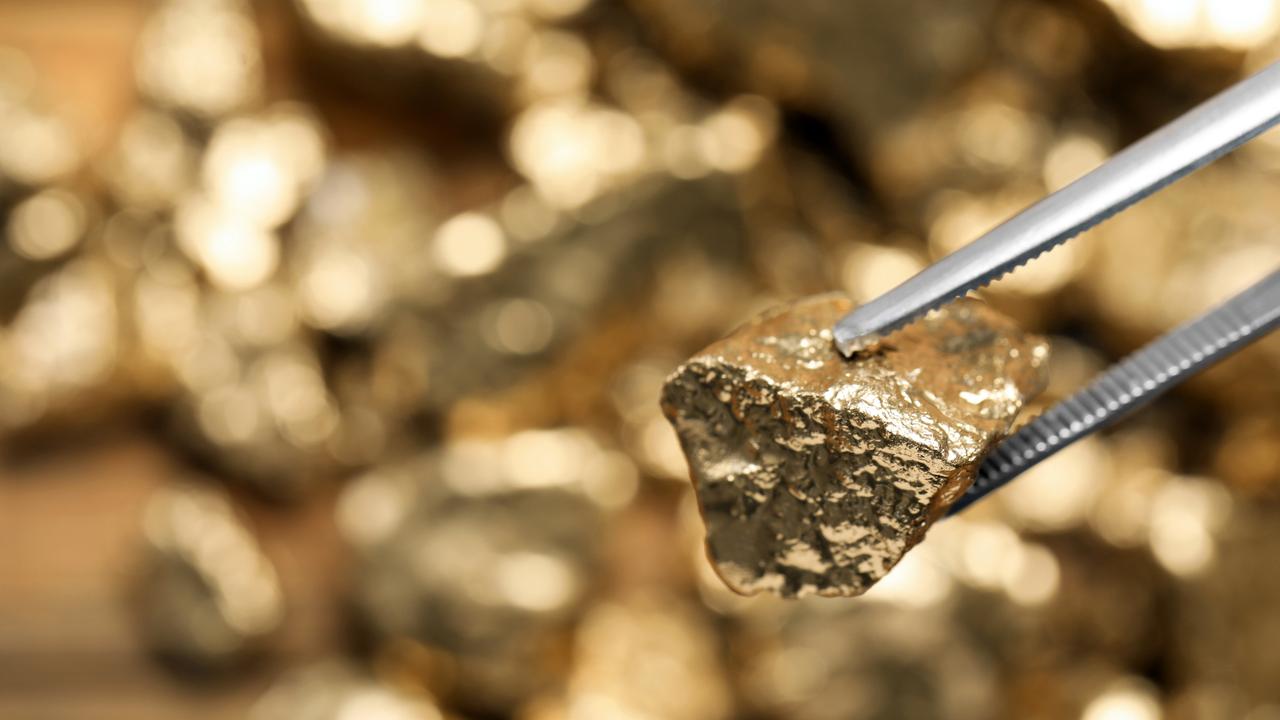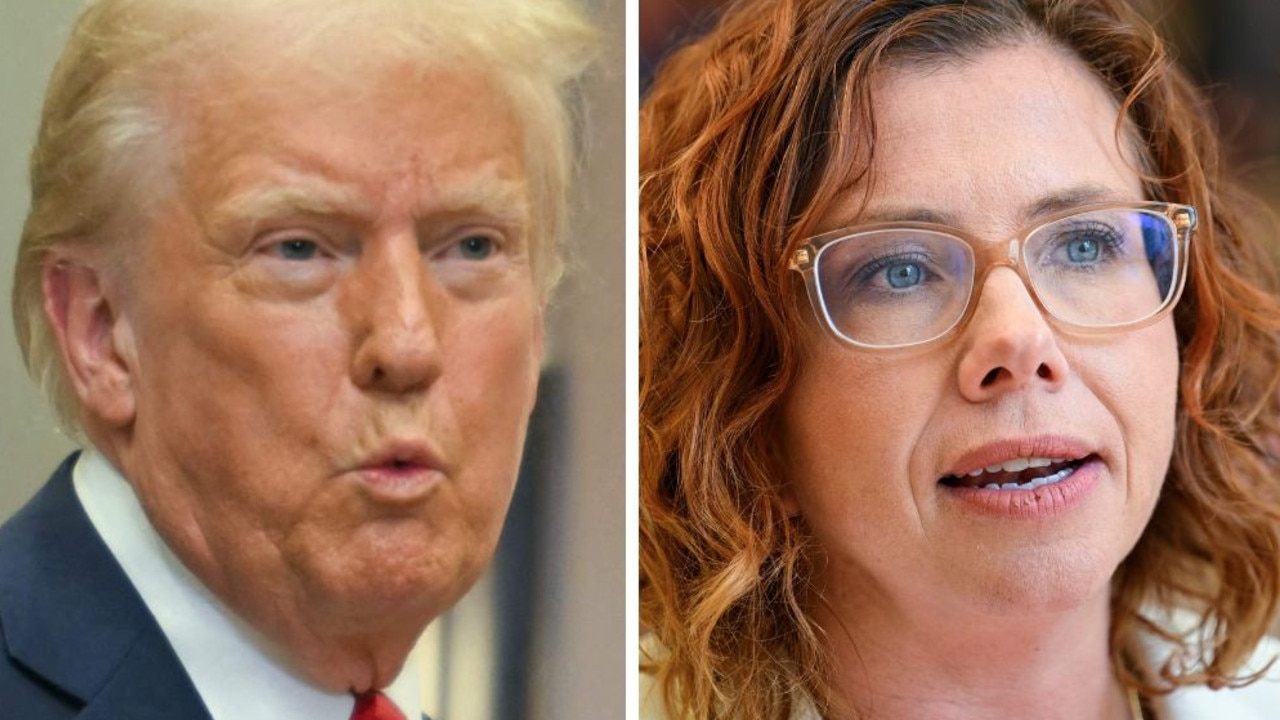‘Heavy price’: China’s Aussie ban backfires
China’s decision to stop taking Australian coal has seen prices plummet but China also appears to be paying a heavy price for its decision.

If China’s decision to block Australia’s coal exports is a deliberate strategy to hurt Australia, China also appears to have paid a high price for the move.
This year Beijing has introduced a number of trade tariffs and other measures blocking Australian products such as barley, beef, wine, rock lobsters from entering China or making them prohibitively expensive.
Australia’s coal has also been unofficially banned since October, with steel mills and power companies told not to buy it, Bloomberg News reported.
Recently it was revealed that more than 60 ships carrying both thermal and coking coal are reportedly stranded off China’s coast, unable to unload their cargo, and some have been in limbo for months, with suggestions that environmental quality problems were to blame, the ABC reported.
China’s decision to stop taking Australian coal has seen the price for Australia’s premium hard coking coal fall by 22 per cent since October, global price reporting agency Argus reported.
However, China also appears to be paying a heavy price for its decision.
RELATED: China bans sixth Aussie beef producer
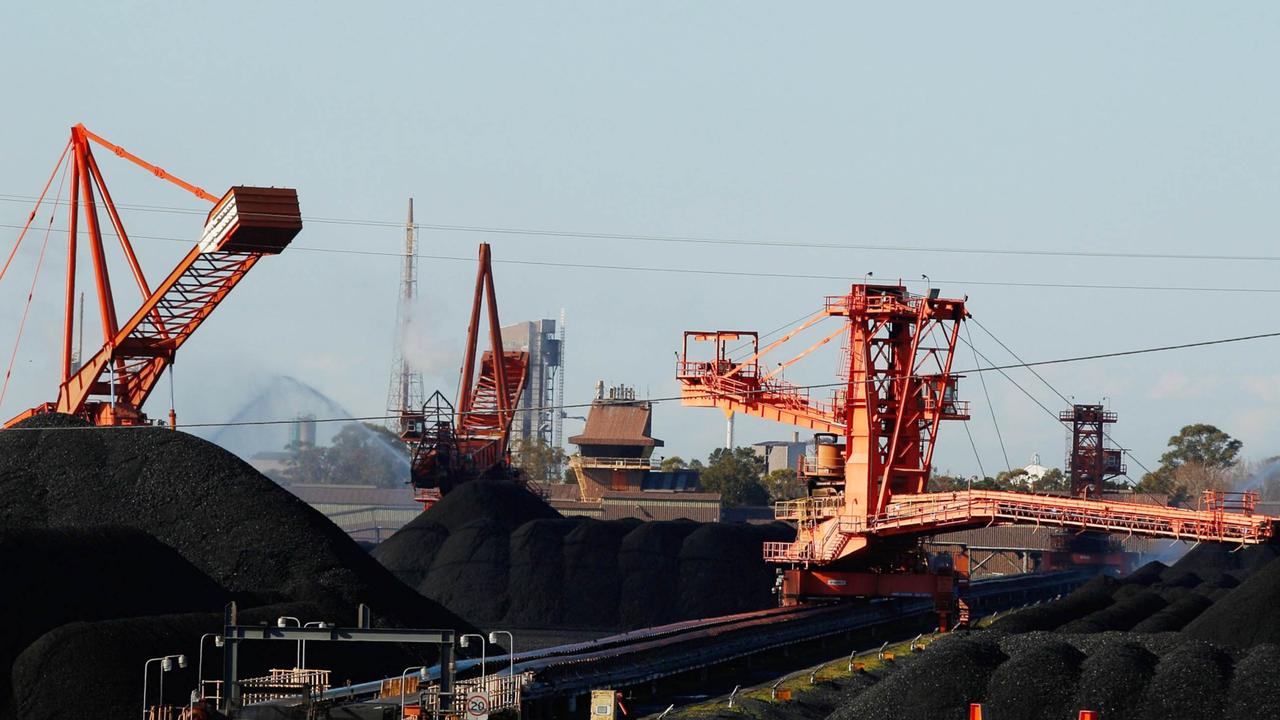
‘FOUR-YEAR HIGH’
China relies on coal, particularly premium hard coking coal, to fuel its steel making industry.
But last week, the price of coking coal in China soared to a four-year high, Bloomberg reported.
The high prices were blamed on delays in supplies of coal from Mongolia, which is the biggest supplier of coal to China alongside Australia. Extra health checks on truck drivers transporting coal from mines in the Gobi desert have been required due to the coronavirus and this has slowed the customs process.
But analysts from Chinese financial information portal Hexun Futures noted in a December 1 update that the restrictions over Australian coal had also contributed, along with tightened measures around coal mine safety supervision.
The situation has seen prices for coal produced in China soar.
Australian correspondent for global price reporting agency Argus, Jo Clarke said that the difference between the price of Australian coal and Chinese coal had been growing since early April.
Prices for Australia’s premium coking coal are now so low, it’s cheaper than the cost of coal produced domestically in China, despite China’s coal being of much lower quality.
Australia’s premium coal is trading around $US103 per tonne, making it $US65 cheaper than China’s lower grade domestic coal, which costs $US168 per tonne.
RELATED: China’s coal ban could cost Australia $15 billion a year
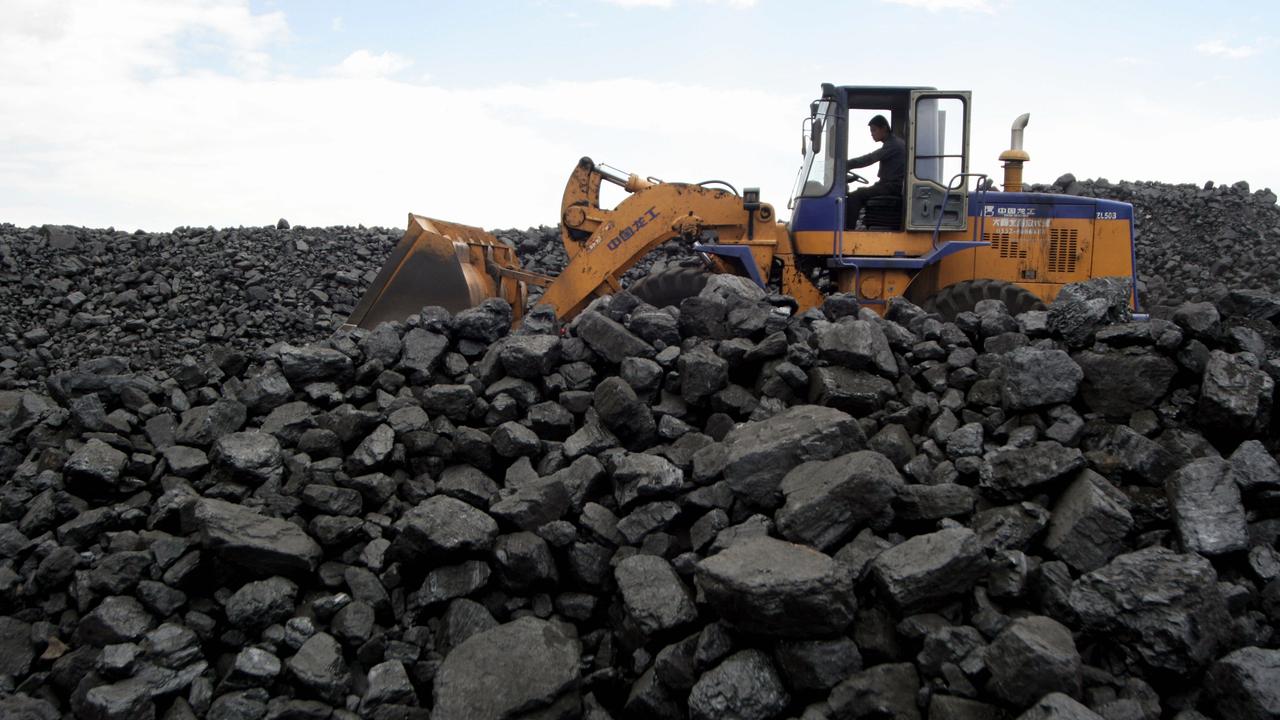
While this cost doesn’t include shipping, Ms Clark said there was an even bigger gap between Australia’s medium-grade coal ($US95 per tonne), which is of similar quality to China’s coal.
It is now $US73 cheaper than China’s coal and the difference in price between the two is at its highest level for four years. In early October when news broke that China had banned Australian coal imports there was only a $US45 difference.
Ms Clarke acknowledged that the price of China’s domestic coal was rarely lower than Australia’s but in March there was less than $US30 difference between the two.
“The premium of Chinese domestic coal prices (compared) to Australian coal export prices are at the highest level in four years,” Ms Clarke said. “They have been very high since late May.”
CHINA BUYING AT HIGHER PRICES ELSEWHERE
China is also going to other countries for premium coal, even if it has to pay more.
Ms Clarke said Australia and Canada were the two main suppliers of high grade coal, which helps huge blast furnaces that produce steel from iron ore run more efficiently.
“Iron ore prices are really high so if you are making a tonne of steel and you are using bad quality choking coal, you don’t get as much steel,” Ms Clare said.
“They need high quality coal to run their larger coastal blast furnaces efficiently and you can only really get this from Australia or Canada.”
With Australia seemingly frozen out, China has turned to Canada for its supply despite having to pay higher prices.
Last month, the Canada’s largest diversified mining company Teck Resources said it had increased its sales into China and had managed to get higher prices than Australia was getting for its product.
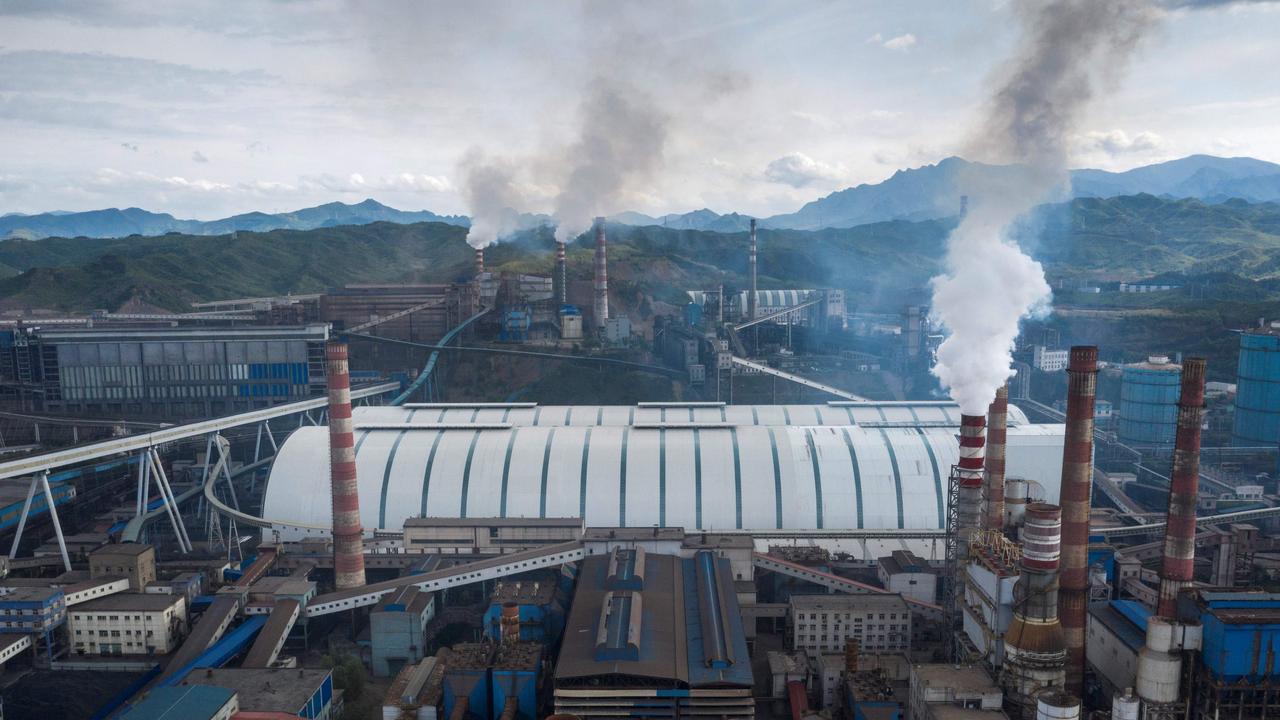
In a market update Teck said it had sold its premium coking coal to China for $US35 higher than Australia’s spot pricing.
“The most recent three cargoes were sold at prices between $US160 a tonne and $US165 a tonne CFR (cost and freight) China,” the update said.
Ms Clarke said it was strange for China to be buying iron ore from Australia at high prices but rejecting Australia’s cheap coal.
“It’s strange politics,” she said.
WILL THINGS RETURN TO NORMAL?
Earlier this year there was optimism that China’s coal trade with Australia would go back to normal by next year, with experts pointing out that China has a yearly quota for coal shipments to help its own local coal industry survive.
This quota usually resets at the beginning of the year and it was expected that the coal trade would then resume.
“The market wasn’t that bothered about the coal ban before but they are now starting to worry because the politics are getting a bit frightening,” Ms Clarke said.
Relations between China and Australia hit a new low last week when Prime Minister Scott Morrison demanded China apologise over a “deplorable” tweet featuring the fake image of an Australian soldier cutting the throat of an Afghan child.
If the market plays out as it usually does then Ms Clarke said Australia could see more shipments of coal starting in mid-December.
“But with so many ships waiting off the coast of China, it’s unclear what will happen,” she said. “Producers may wait for them to be unloaded before sending more.”
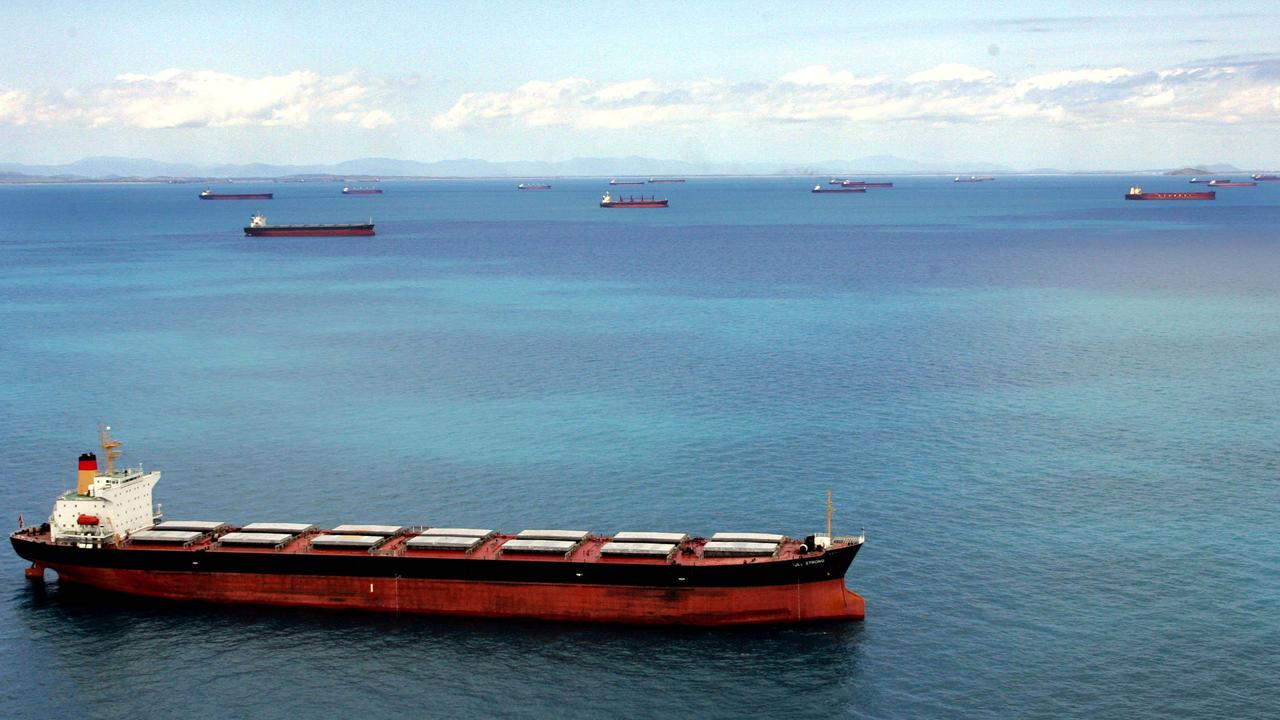
Ms Clarke said she had been unable to verify reports that a small number of ships had been allowed to unload their cargo last week, or why they had been allowed to do so.
“There was talk that it was to let the crew from South Korea go home rather than allowing Australian coal in,” she said.
Even if politics is not to blame, some have pointed out that China wants to be increasingly self-sufficient and may plan to decrease their spending on Australian coal regardless.
However, Ms Clarke said it was possible that China’s move to avoid Australian coal could see prices for its steel rise.
This may impact its construction and infrastructure industries, as well as its production of household items like fridges, dishwashers, cars and even computers.
Investments in solar and wind farms could also be impacted as they also require a huge amount of steel.
“It could flow through to more expensive items but China’s got a different system and it doesn’t work the same way as ours so it’s hard to know the exact impact,” Ms Clarke said.
Although there is a lot of uncertainty about the future, Ms Clarke said that China had actually bought a lot of Australian coal this year.
“China has taken more Australian coking coal than in previous years,” Ms Clarke said.
This may have been because it was so cheap due to the coronavirus slowdown that saw South Korea and Japan reduce their steel making capacity.
Ms Clark said while China had taken 15 per cent less Australian hard coking coal in October than in September, and 45 per cent less than in October 2019, it’s January to October intake was still up by 18 per cent compared to the same period in 2019.
“And it’s only one million tonnes behind all of 2019,” she said.
Ms Clarke said those who had been in the industry a long time believed that if China continued to buy coal from Canada then Canada’s previous customers would eventually shift their business to Australia.
“You will probably find that this happens if China says it is not trading with Australia, especially if the prices are so different,” Ms Clarke said.
“There will just be a redirection of trade flows.”
However, it will not be easy to replace China’s hunger for Australia’s coal, which is worth about 3.7 per cent of Australia’s gross domestic product.


